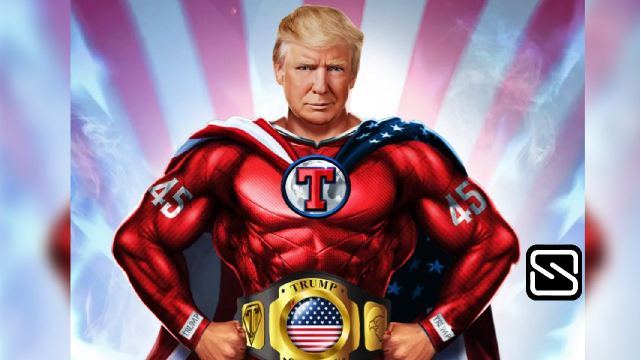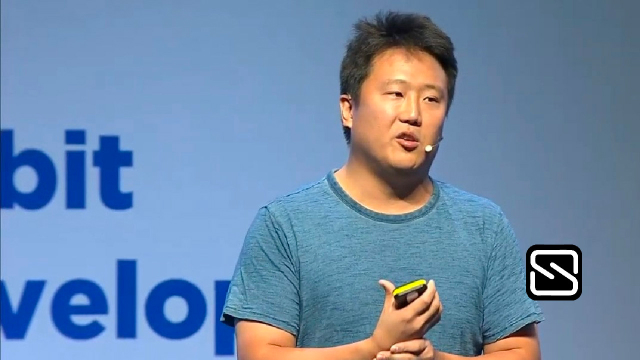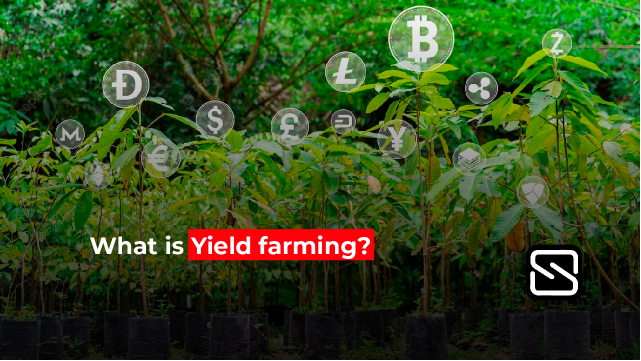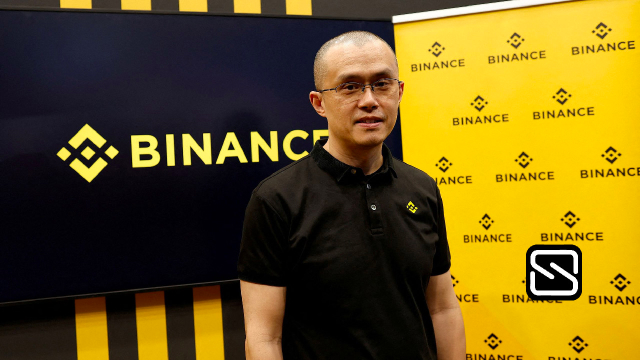Yield farming is an investment practice that involves locking crypto in a dApp (decentralized application) for token rewards. Yield farmers deposit their tokens into DeFi applications for crypto trading, lending, or borrowing. Since these investors enhance the liquidity in their chosen dApp, they’re referred to as liquidity providers.
The crypto that yield farmers deposit into DeFi protocols gets locked into autonomous smart contracts. Until a yield farmer withdraws their funds, they’ll earn crypto rewards for their service. This crypto can come from network fees, loan interest payments, or native token rewards. Every dApp has different rules for how long a yield farmer must wait if they choose to withdraw their funds.
Compound, a DeFi lending platform, is credited with inventing yield farming in 2020. However, Compound only introduced liquidity mining to the DeFi ecosystem.
According to experts, yield farming and liquidity mining usually go hand-in-hand, but the latter refers to unique protocol-specific token rewards. In addition to getting regular interest payments and fees, Compound started offering its proprietary COMP governance token to farmers. Today, it’s common for DeFi platforms to offer their tokens via liquidity mining alongside yield farming opportunities.
For most DeFi protocols, yield farming is a powerful incentive to generate liquidity. Success in DeFi can be measured by the total value locked (TVL) in a dApp. TVL refers to the funds that investors locked into the protocol with the expectation of token rewards. The higher the TVL, the more money there is utilizing a DeFi project.
New dApps need outside funds to scale their operations, and they’re usually willing to pay high returns to early contributors. This is especially the case when new projects issue their tokens because they control token issuance. Yield farmers must hope these token rewards will grow in value as their DeFi protocol attracts more users.
How does yield farming work?
When someone starts crypto yield farming, they’re depositing their tokens to a DeFi protocol.
Once a yield farmer’s funds are in a smart contract, they’ll be available to anyone using the dApp. For example, if someone added crypto to a liquidity pool on a decentralized exchange (DEX), crypto traders can buy and sell their tokens. Web3 users can also borrow crypto that a yield farmer deposits into a DeFi lending site like Aave.
People choose to give their crypto to DeFi platforms because they expect returns. Yield farmers usually get a percentage of a network’s fees or interest payments deposited into their crypto wallet. Also, it’s common for DeFi sites to send a portion of their governance tokens as a bonus.
Most DeFi sites quote the expected returns as annual percentage yield (APY). This percentage lets investors know the approximate annual returns they can expect for depositing their tokens in a chosen DeFi liquidity pool. In general, higher APY translates to high risk, so individuals should be cautious of advertised numbers that are far higher than what could be sustainable.
Many yield farmers wil hop from protocol to protocol, acting as mercenaries for higher APY. Many protocols will boost rewards to attract liquidity. This creates an unstable environment as many protocols will collapse once their incentives stop and liquidity leaves.
Remember that APY crypto includes compounding interest in its equation. Annual percentage rates (APRs), however, don’t factor in compounding interest.
How to participate in yield farming
If you intend to participate in yield farming, you’ll need a private crypto wallet that connects with your preferred blockchain. Most of the activity in yield farming is on Ethereum (ETH), so high-quality Ethereum wallets like MetaMask are suitable for most yield-farming dApps.
After you’ve set up your crypto wallet, you can visit a DeFi site that allows you to add liquidity to the protocol. Those on DEXs like Uniswap can add a 50/50 token trading pair to a liquidity pool. Whenever someone trades the tokens in your pool, you’ll get a percentage of the trading fees.
If you’re on Aave, you can loan your crypto to earn an interest percentage. Some DeFi sites allow users to stake governance tokens to secure their protocol. Since most DeFi sites use a proof-of-stake (PoS) algorithm, they usually need people to lock the native cryptocurrency on-chain to secure their site
Risks of cryptocurrency farming
Crypto-yield farming attracts many investors, thanks to the promise of high APYs. Triple-digit APYs aren’t unheard of yield farming sites, but they often get new users into trouble. But before you deposit crypto into a liquidity pool, take a look at the risks associated with yield farming:
Price volatility: Unless you’re using stablecoins, the market value of the tokens you’re depositing in liquidity pools will rise or fall over time. Even if you’re getting 1,000% APY, what’s the point if the token you’re holding goes to zero? DeFi protocols often offer ridiculously high APYs because they’re the ones issuing the token rewards. You always have to hope that the crypto you’re receiving will at least maintain its value to earn your predicted APY.
Impermanent loss: This refers to losing out on massive gains for the crypto you deposited in a yield farm. In other words, you would’ve made more money simply holding a cryptocurrency than the rewards you received for yield farming.
Smart contract failure: Smart contracts are only as secure as their underlying code. Yield farmers always have to trust the smart contracts they’re using. For instance, the contracts don’t have any vulnerabilities that can potentially drain their funds.
Scams: Given the lack of regulation in DeFi, it’s relatively easy for scammers to market fake dApps that promise high APYs to liquidity providers. Sometimes, these dApp creators will take crypto yield farmers’ deposits and disappear (or rug pull). Liquidity providers must be extra cautious about scams, especially with small projects.
To sum up, yield farming allows crypto holders to earn passive income on their tokens without providing KYC data. However, remember that crypto yield farming comes with significant risks.









